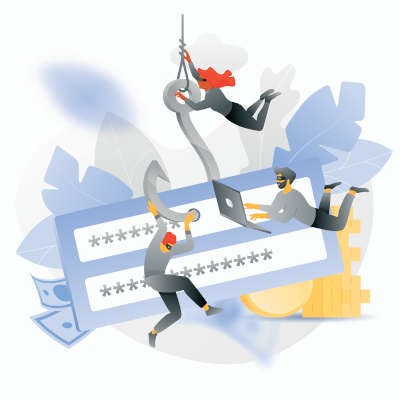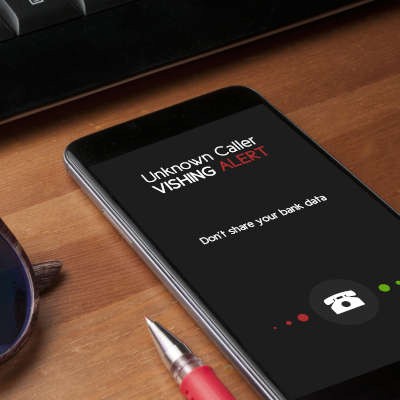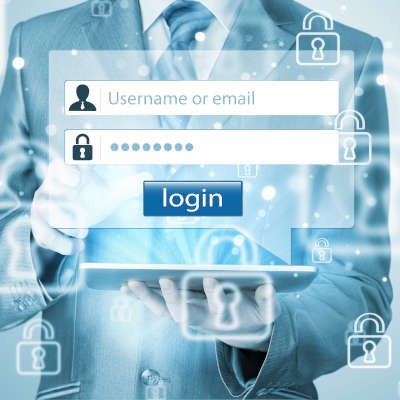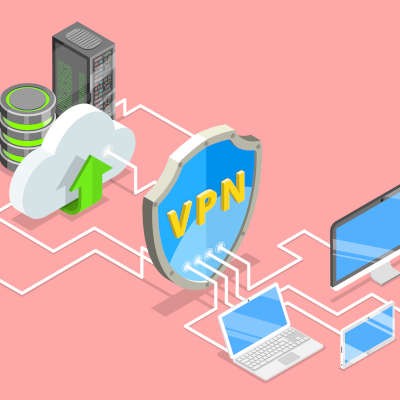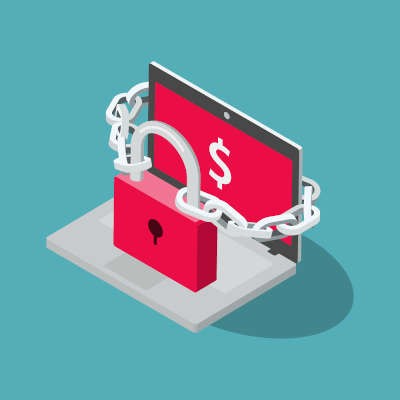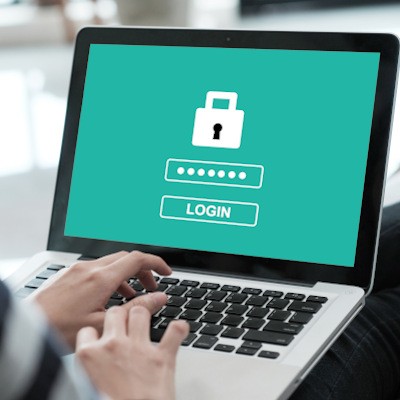As a communication tool, the video conferencing app Zoom saw a considerable bump in its popularity with both personal and business users as the coronavirus pandemic made other means of meeting no longer viable. However, this sudden increase in its user base also revealed some serious security issues with the platform. Let’s examine what Zoom has done to resolve these issues since then.
Argentum IT LLC Blog
Business relationships, especially between you and a service provider or you and a coworker, are crucial to a business’ success. However, maintaining these relationships can be challenging when there’s a good chance that your actions might create more work for another person. Let’s go over why your relationship with IT may be strained, and offer a few tips to help fix it.
Security is a major part of any business, and if there isn’t a diligent approach to the implementation of it, you can be left with huge holes in your network. This month, we thought we would discuss some of the best practices you can take to make sure that your organization’s security is in the best possible position to protect your digital resources.
If you’ve been reading this blog for any length of time, you’ve seen us reference a phishing attack. Whether you are being asked by some supposed Nigerian prince to fork over money or you are getting an email by what seems to be your bank that directs you to download an attachment, you are probably a potential victim of a phishing scam. The difference between being a potential victim and a victim is knowing how to identify it. Today, we’ll give you five ways to identify a phishing message so that you—or your company—won’t be scammed.
Smart assistants commonly appear in the office and home, so much so that the novelty seems to have finally worn off and they are now just another appliance—and, like any other appliance, there are a few quirks that can be frustrating to deal with. For instance, anyone living around these devices has shared a particular experience: the device registering something as a wake word that certainly wasn’t meant to be the wake word.
Since the onset of the coronavirus, many businesses have managed to sustain themselves through remote work—also commonly known as telework. While this strategy has allowed quite a few businesses to survive, it has also opened them up to security threats. Here, let’s focus on one such threat: vishing, or voice phishing.
If I were to tell you that one variable was responsible for more than 80 percent of cyberattacks, what would you guess that variable was? If you guessed “stolen access credentials,” you’d be correct. The traditional username/password combination may soon be a thing of the past as more tech companies transition to alternative authentication measures.
When we think of cybercrime, most people’s minds go to one of two places. On the one hand, some think about the annoying, misspelled emails that are so obviously scams, while on the other, we can’t help but think about the hacks that we see in movies, where a criminal manages to overcome the best the government can incorporate into their defenses.
Small business owners are always on the lookout for that “special something” that will bring added value to their offering. In 2020, with COVID-19 sticking around, it has been difficult for businesses to commit to any new investments. To keep revenue coming in, a lot of businesses have been forced into allowing their staff to work remotely. To make this work, many have rolled out VPN for their business, but seemingly like everything else, there are very serious risks about leaning too heavily on your VPN. Let’s take a look at some of these risks.
The password is the core element of both data security and user authentication. This makes the construction of them extremely important to protecting digital assets. Unfortunately, not everyone understands how to construct passwords that actually work to protect the information on the other side. Today, we will discuss how to build a solid password that works to keep your digital resources safe.
With COVID-19 creating an unsure situation for so many businesses, and by extension their employees, these employees are suddenly finding themselves in a vulnerable position. Regardless of whether or not your employees are able to come into the office right now, it is important that you share the following information with them, as it may help to keep them out of a tough spot.
With the COVID-19 crisis far from over, many businesses have had their attention pulled away from their cybersecurity needs by the concerns that the current health crisis has generated. Here, we’ll be reviewing some of the observations that a group of 273 cybersecurity professionals have made, courtesy of an annual survey.
A security audit is designed to test the overall integrity of your business when it comes to its IT security. In today’s environment, businesses need to have strengthened fortifications in place to protect themselves from cyberthreats, and these fortifications need to be properly tested and reviewed over time. Let’s talk about some of the types of audits and their benefits, and how you can assess your security.
Starting in 2008, Verizon has produced a report outlining the cybersecurity incident trends that the previous year demonstrated. In doing so, they have provided a resource that gives businesses greater insights into where their cybersecurity efforts need to be focused. Let’s go over some of 2019’s trends and insights that were highlighted in the Verizon Business 2020 Data Breach Investigations Report (DBIR).
Conferencing has been an important tool for businesses as stay-at-home orders have moved their operations out of the office and into worker’s homes. While there are dozens of video conferencing solutions on the market, businesses should consider security just as much as they consider functionality. Today, we’ll take a look at security for your company’s conferencing solutions.




